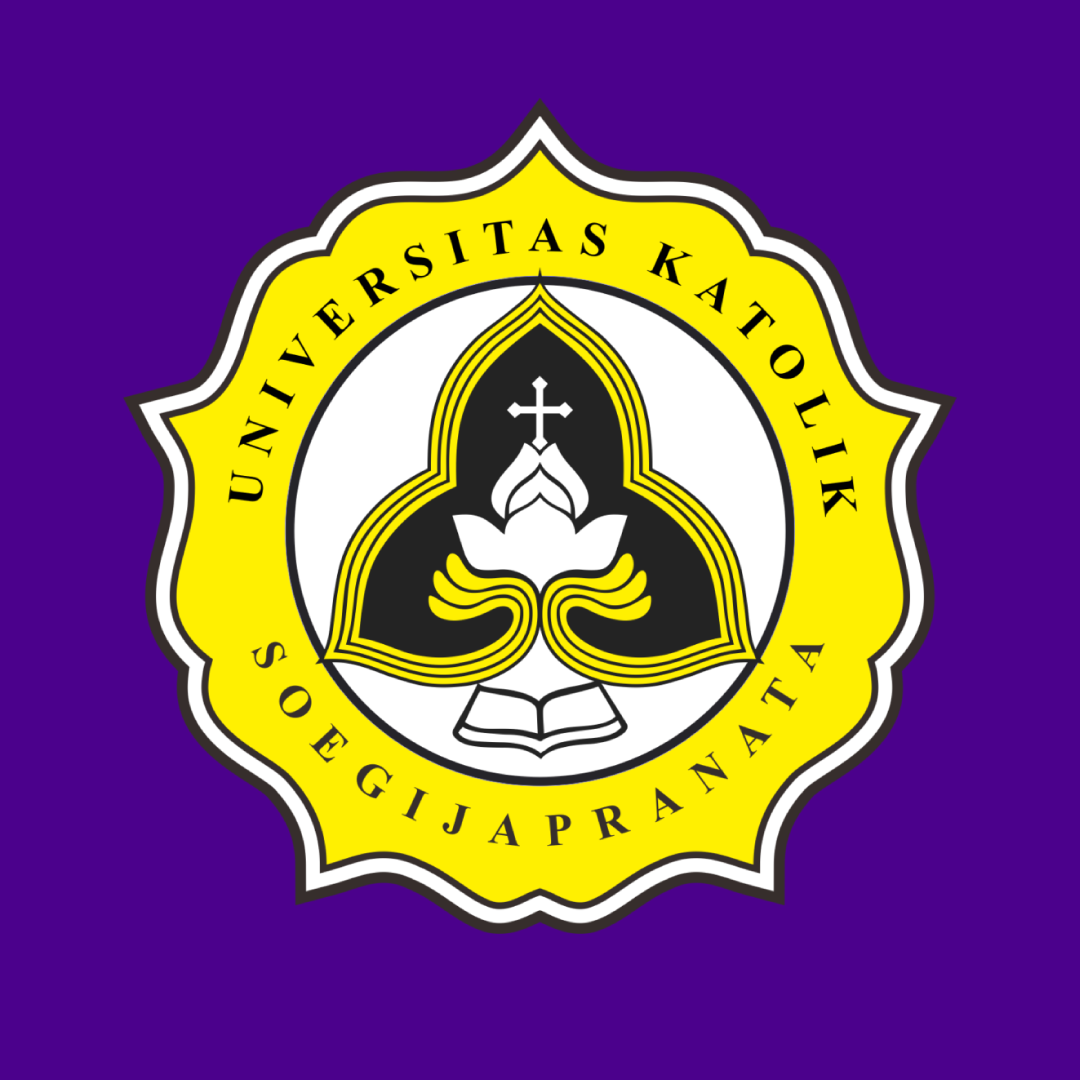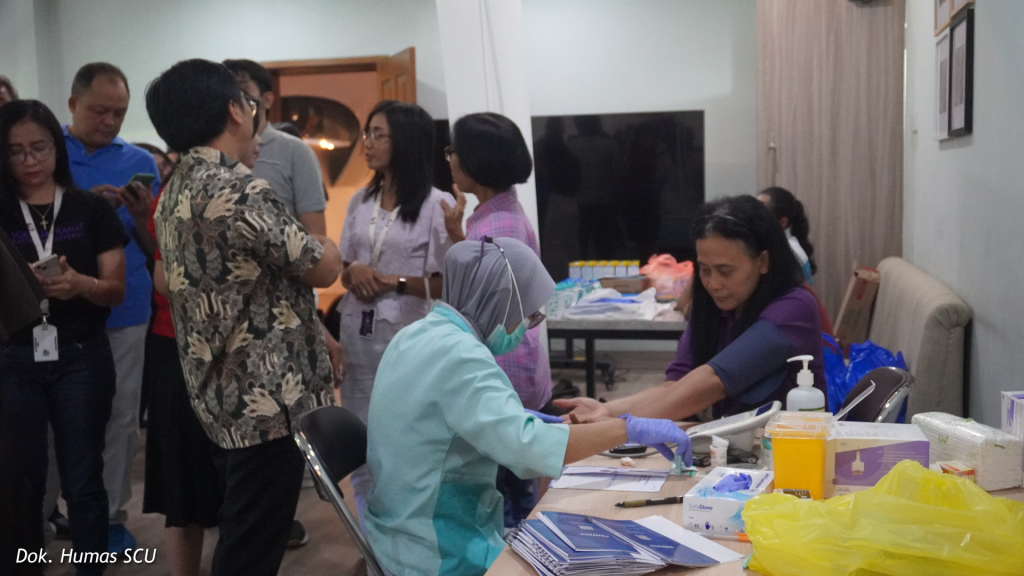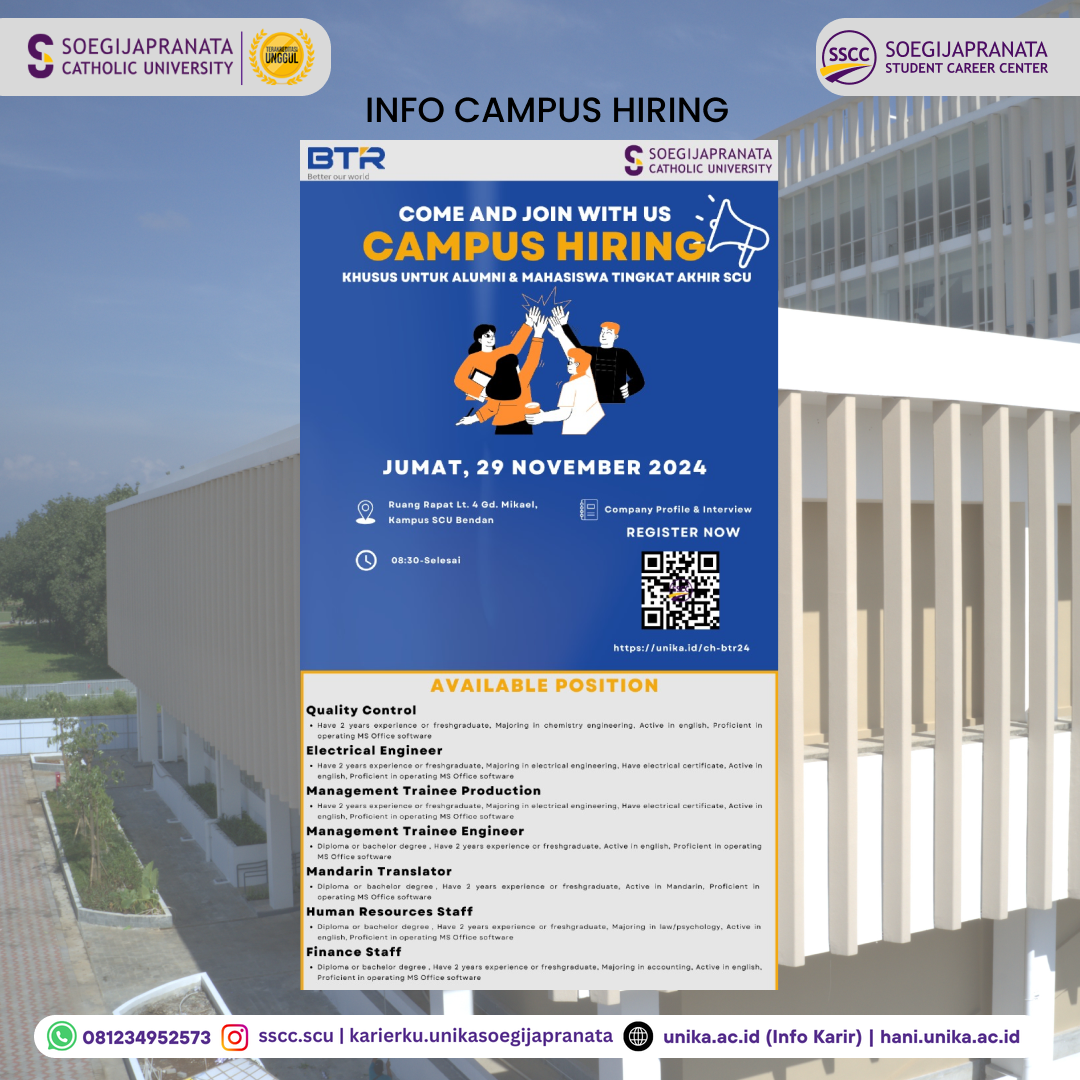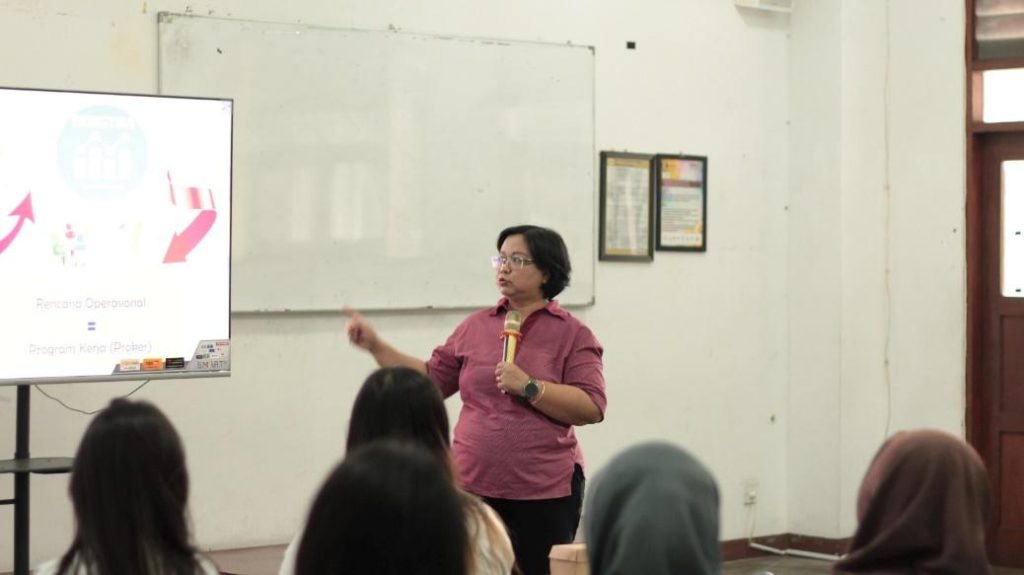
For some time, Indonesian universities and their lecturers have faced a problem. They spend huge amounts of energy and time on trying to satisfy the database obsessions of the higher-education bureaucracy.
Almost no day of university life goes by without database obligations. The most recent enigma is the obligation of all certified lecturers to electronically fill in information for the lecturer career development information system (SIPKD).
The lecturers are supposed to complete the SIPKD, which includes uploading softcopies of all printed or written proof of their academic work during the last three semesters. The deadline for this assignment has already passed and this highly ambitious endeavor has gone astray due to the system’s malfunction.
Anyone who tried to visit the site (sipkd.dikti.go.id) until March 1 would have been greeted by the following disclaimer: “Sorry, SIPKD is undergoing maintenance. Thank you for your patience in filling in SIPKD data. Time lost during maintenance will be compensated in the future data entry of SIPKD.”
This database over-obsession seems to not only rely on the assumption that “data is power”, but also signifies the overly regulated nature of the higher education regime in this country.
A year ago, Satryo Soemantri Brodjonegoro, the former director general for higher education, warned: “Our education progresses slowly as there is no room for creativity to develop education that meets the challenge of our times. Neither teacher-pupil nor lecturer-student gets the opportunity to create because our education system adheres to the bureaucratic service system [jawatan]. All policies are set by the government in the form of legislation that must be adhered to by both teacher-pupil and lecturer-student, like a government agency.”
Therefore, he proposed a dejawatanisasi (de-bureaucratization) of education.
Our universities fail to actualize themselves into communities of learners who joyfully explore science and knowledge. The joy of learning is hindered by extremely centralistic regulations and procedures.
Universities as places of learning have changed into places of transactional transfers of knowledge from the lecturer to the student and are regulated by a multitude of shackling rules.
Ironically, regulations that should be aimed at quality improvement often produce results that show that the competitiveness of our universities remains poor.
The complex rules and regulations of higher education have generated much ado with so-so results. Overly-regulated higher education is evidently unable to move from backwardness compared to other countries. Daily, universities are preoccupied with energy-consuming procedural matters, such as completing the higher education database (PDPT) as half-yearly reports, lecturer performance reports and course operating permits, to mention some examples. It is an open secret that in procedural matters, administration is emphasized more than substance.
Uniquely, the jawatanisasi (bureaucratization) of higher education does not only affect state universities. Private universities are also unable to fight jawatanisasi and are always in a weaker position.
Autonomy, which is still a dream for state universities, is an illusion for private universities. Let alone to promoting professors, private universities do not even have the authority to promote an “asisten ahli” — the lowest functional academic position.
It can also be said that every instruction, policy and decision by each level of the higher education bureaucracy has succeeded in establishing an alert attitude in private universities. No little time and energy is wasted on responding to the requirements of the bureaucracy.
Private universities are on the sidelines, even though they are home to approximately 70 percent of students in the country. There is an impression that with the current huge budget, the government has started to undermine private universities. In reality, some private universities were born before state universities and are hotbeds of knowledge to this day.
It would also be too naïve to grant total autonomy to all state universities (and colleges) — without first accounting for each university’s level of development. Autonomy should be granted in a tiered way, corresponding to objective performance and the quality of the university. It would be a difficult challenge, especially when decisions on higher education in this country are often still entangled with political considerations.
The diversity of size, performance and quality of more than 3,000 private and 100 state universities and colleges requires a clear and consistent development strategy by the government.
For the sake of the competitiveness of Indonesian universities, the government should be bold enough to group universities according to objectively measured performance and quality. That boldness has existed before, so it would not be totally new. In 2007, the government “dared” to specify “50 promising Indonesian universities”.
Three years earlier, Germany selected nine elite universities expected to be “major players” in global higher education after going through a lengthy and complex selection process. Further, the German government supported the nine selected universities with massive funds for five years — to increase the visibility of German universities by breakthrough research.
In a good initiative, the group of 50 Indonesian universities was unfortunately not followed up on consistently and lacked a clear development road map.
The boldness to carry out the grouping ought to be followed by total support by the government in the shape of resources and academic autonomy to members of the group, without political entanglements and the state-private dichotomy.
Without the bravery to carry forward the initiative, our universities’ competitiveness will not move from its current state. Universities with the potential to be global players will only find themselves busy, grappling with the bureaucracy, resulting in so-so results.
______________
The writer is rector of Soegijapranata Catholic University, Semarang.
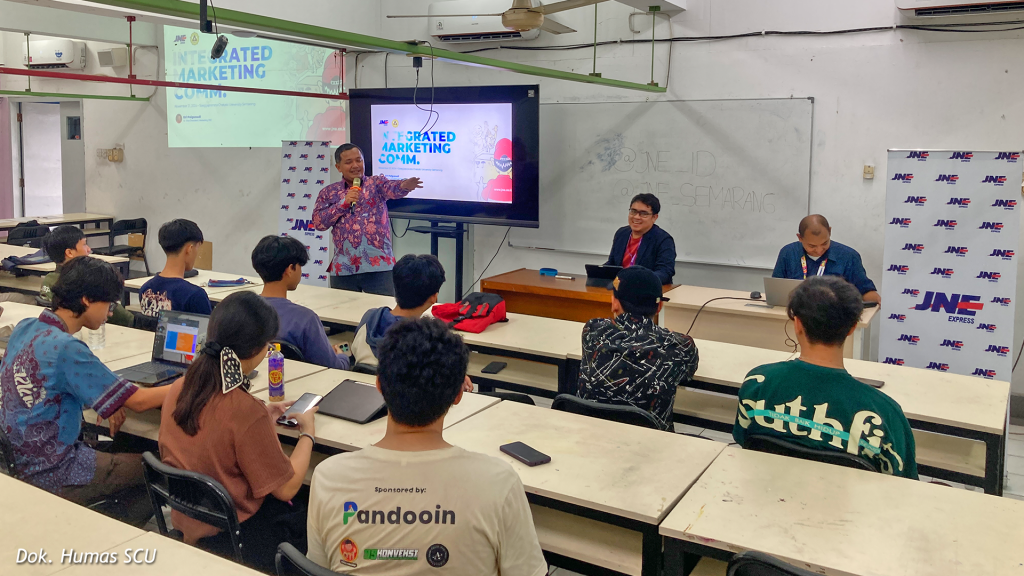
DKV SCU Bicara Strategi Komunikasi Visual, Tekankan Pendekatan Etika dalam Proses Kreatif
Menggandeng PT Tiki Jalur Nugraha Ekakurir (JNE Express), Program Studi


